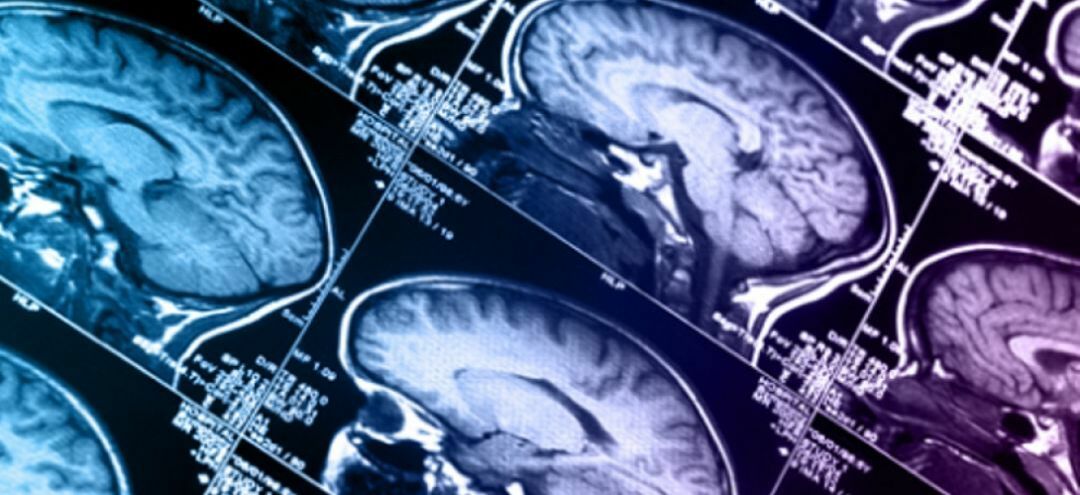SMART CAT - An Online Resource to Track Post-Concussion Symptoms and Support Care

How is OBI bringing lab to life > Accessible information, tools and programs
A concussion may dramatically alter the trajectory of someone’s life. Let’s take the case of Zeena (a pseudonym to protect her identity), who experienced a concussion at work. As a result of her injury, she is struggling with poor memory, emotional issues, anxiety and depression. With so many changes, she is learning to adapt to her life post-concussion.
“Over 150,000 Canadians suffer a concussion every year. Despite the prevalence of concussions, we still don’t fully understand what actually happens in the brain. On top of this, the post-concussion experience can vary dramatically from one person to another. Some effects can be temporary while others may last longer; some people recover in days while others may require long-term support”, says Dr. Cindy Hunt, Program Manager, CONNECT (OBI’s concussion research program).
“Over 150,000 Canadians suffer a concussion every year. Despite the prevalence of concussions, we still don’t fully understand what actually happens in the brain. On top of this, the post-concussion experience can vary dramatically from one person to another. Some effects can be temporary while others may last longer; some people recover in days while others may require long-term support.”
Dr. Cindy Hunt, Program Manager, CONNECT
OBI's CONNECT Program links clinicians, researchers, patients and advocacy groups across Ontario to standardize care and to help improve our understanding of concussions. The program has also identified a critical gap – there is plenty of information available on the internet, but the challenge is to filter this information to ensure it’s based on evidence.
As a result, OBI’s CONNECT partnered with the Ontario Neurotrauma Foundation (ONF) to develop a simple, yet highly effective, online tool to empower individuals who have experienced a concussion, and are currently under care, to help manage their recovery in partnership with their healthcare providers.
Smart Concussion Advice Tool: SMART CAT helps those who have experienced a concussion to independently track their symptoms. The tool allows individuals to record their symptoms using a standardized test, which can also be printed to share with their healthcare provider. Additionally, after selecting the relevant symptoms on a scale of “not experienced at all” to “a severe problem,” the tool generates a number of evidence-based care guidelines developed by ONF, to help manage symptoms in real-time.
OBI is working to make science and knowledge more accessible to the public, and SMART CAT was created in partnership with healthcare professionals, making the tool more reliable, and empowering individuals to better understand brain health and manage their own care.
“This tool is designed to help individuals find immediate strategies for symptom relief in their everyday life and to improve life quality” says Hunt. “And for people who have experienced a concussion, they will find this evidence-based resource to be a great tool available at the touch of a button.”
Learn more about concussions and read about the latest research from CONNECT here.
